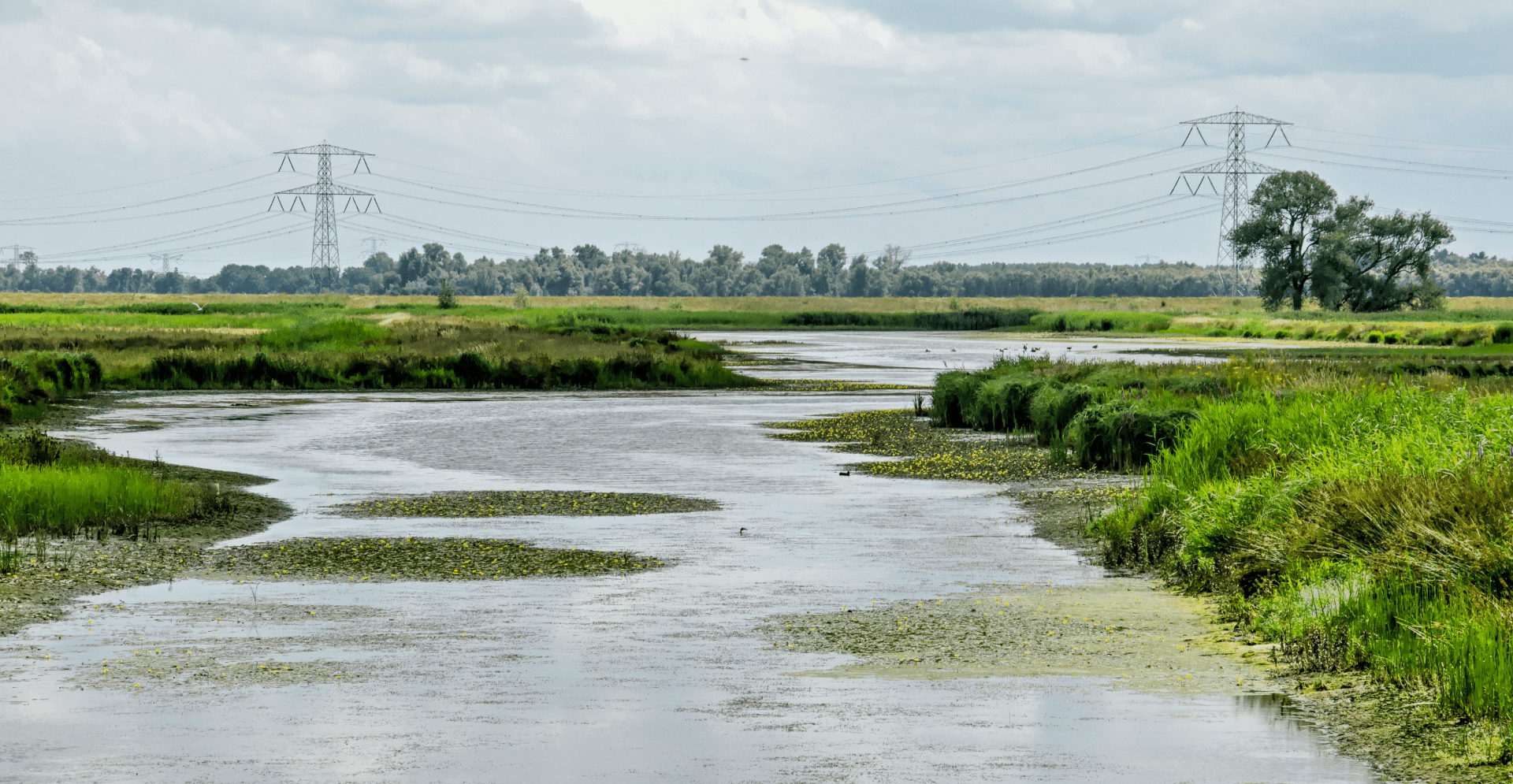The UN 2023 Water Conference in New York set the stage for a global community united in its resolve to achieve ‘Sustainable Development Goal 6: clean water and sanitation for all by 2030’. With discussions spanning the UN Water stage and accompanying events like the New York Water Week, participants from multiple sectors shed light on various themes critical to realizing sustainable water security amid the changing climate. As Arcadians committed to sustainability and improving quality of life, we joined in the discussions, sharing insights from our water resilience projects. Here’s a reflection on the takeaways and areas we must consider together to propel the agenda.
1. Integrated and inclusive solutions: singularly focused on bridging water and humanity
The water crisis is more than a resource challenge; it’s a social crisis affecting billions worldwide.1 This critical issue was central to the discussions and events at the UN Water Conference. Marginalized groups, including women and girls who face specific issues related to hygiene and domestic pressures2, bear the brunt of the lack of clean water and sanitation services.
To ensure our water systems are inclusive in the long term, they must be affordable, safely managed, geographically accessible and adapted for disadvantaged groups.3 Projects like Resilient NJ in the US demonstrate the importance of involving marginalized communities in decision-making and implementation processes to ensure we’re truly meeting the needs of all community members when addressing climate resilience.
'Systems thinking' is also key. By recognizing the interconnectedness of water-related issues like resource sustainability, biodiversity impact and service accessibility, this approach promotes collaboration among utilities, governments, communities and other stakeholders to navigate competing values and make informed decisions.
For example, our Shelter team in Mozambique learned how floods in the area presented both risks and benefits to the community, helping the team to advise on solutions that protected residents and preserved livelihoods. In Cameroon, we learned that prohibiting activities along the Dibamba River would disconnect communities from their cultural connection to this important landmark. Given this, we collaborated on a permitting system that both promotes responsible engagement and helps preserve cultural ties.

2. No one is an island: partnerships pay off
The water crisis is a complex puzzle that cannot be solved alone. Collaborative efforts such as public-private partnerships mobilize diverse talent, promote agile working frameworks and enable innovative finance structures to maximize outcomes. The 7 Square Endeavour in Rotterdam exemplifies the power of multi-stakeholder collaborations, serving as a groundbreaking success and inspiration for other cities with similar climate goals.
Universities and the tech sector also contribute significantly by developing the science and future capabilities for water optimization needs. This was evident in the Pratt Institute’s ‘Condensations, parts 01|02|03’ event participated by some of our leaders.

Leveraging tech capabilities to provide easy access to information is also key. Together We Walk, for example, is an app we developed collaboratively for the UNWC participants. Through an immersive experience, it offers insights into the history of New York’s water works. The app has been updated to include Water Talks, a podcast produced by the Dutch Ministry for Infrastructure and Water Management which features insightful conversations with key players in the water industry.

Together We Walk presents Water Talks
A podcast hosted by Tracy Metz and featured in the Arcadis Together We Walk app. Download it to start streaming.

3. Actionable data: making bigger waves of change

Data drives progress. To accelerate solutions, we must move beyond collecting raw data and focus on extracting actionable insights that guide immediate decision-making. Utilizing data analytics, as demonstrated by the Arcadis Non-Revenue Water Digital Twin platform, helps detect water infrastructure anomalies and prevent significant water loss. Similarly, the 50L Home coalition highlights the potential of water conservation and reuse, demonstrating how consuming just 50L per person per day can prevent water scarcity crises while still enabling a comfortable lifestyle.

4. ‘Novel’ to ‘normal’: making nature-based solutions mainstream
Biodiversity serves as our most powerful defense against climate change, safeguarding our water supply. Nature-based solutions (NBS) that restore and enhance it, such as the Marker Wadden wetland restoration in the Netherlands, offer a way forward.
In some cases, NBS alone may not fully meet the requirements. Integrating green and gray infrastructure, as shown by the Living Breakwaters in New York, combines the strengths of natural and built structures to effectively mitigate storm waves. The benefits are manyfold, spanning economic, ecological and social aspects.

Urban coastal communities can also benefit from a circular water economy, as shown by the One Water project in Santa Monica Bay, California. By diverting urban runoff for treatment and reuse, this holistic strategy increases potable water supply, reduces public health threats through improved beach water quality and enhances resilience against weather extremes like heat waves.
And though steadily declining, mangroves and coral reefs, too, sequester substantial amounts of carbon and serve as buffers against storm surges. The need to restore these natural defenses cannot be overstated.
To scale up its implementation, we must change our mindsets about NBS and green-gray integrations from being a novelty into becoming the norm. Businesses, investors and water utility sectors must integrate these approaches into their planning and design considerations throughout project lifecycles.

5. Role of corporates in shaping the water future
As major water users4, corporations have a responsibility to tackle the water crisis. Reflecting on these key considerations in planning water-related projects will help create resilient and sustainable systems:
- Partners for shared capabilities, finance models and approaches focused on equity and inclusion
- Digital tools that provide actionable insights for efficient decision-making
- A nature-based or integrated solution over usual business practices.
At Arcadis, we see concrete goals as a pathway to the possible. Echoing Global President for Resilience Heather Polinsky’s speech at the UN Water stage, we are committed to achieving gender balance and diversity within our workforce, with a target of 40% women and a focus on underrepresented minorities. We also commit to developing equity-focused frameworks that minimize environmental impacts on communities in every water project. What commitment will you be making?

Together, we want #ClimateAction
Realizing SDG 6 requires action from all fronts. Using digital tools to inform and shape positive perceptions, engaging marginalized groups in planning and implementation processes, and including the private sector in funding mechanisms all work toward more equitable and inclusive water solutions that deliver benefits for both people and planet.

In our upcoming thought leadership paper on droughts and water scarcity, these lessons learned are further addressed considering the arguably greatest single current threat from climate change: droughts, often resulting in water scarcity. In this inspiring paper we talk with sector leaders, stakeholders, and experts on problems they face, best practices they apply and the attitude, leadership, and collaboration that is required for successful implementation.
Main author: Piet Dircke, Arcadis Global Director for Climate Adaptation
3 Human Rights to Water and Sanitation | UN-Water
LS1 Reference: Futureproofing Mobility for Resilient Operations | Arcadis







